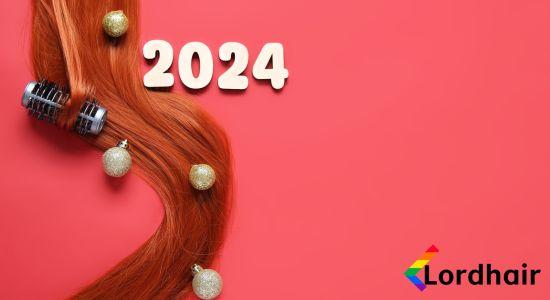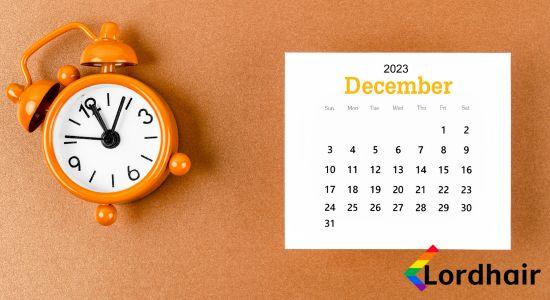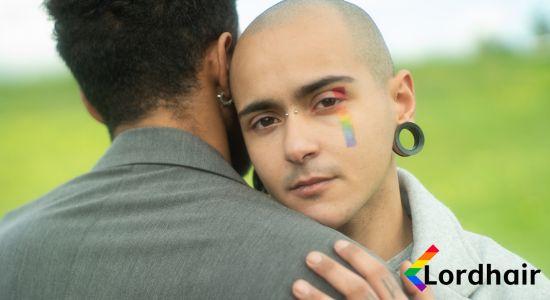Challenging Derogatory Terms for People with Red Hair
- Written by Ray Fernandez
- | Published Sep 22, 2023
- |
- 3 min read
 Listen to the full text
Listen to the full text
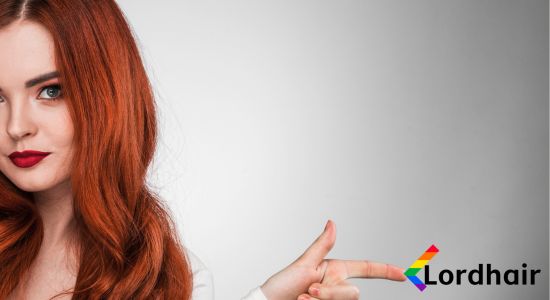
In a world that celebrates diversity, it is unfortunate that individuals with red hair often face derogatory terms, discrimination and stereotypes. These terms perpetuate harmful prejudices and fail to appreciate the unique beauty and individuality of those with ginger or red hair.
In this blog, I will explore the origin and impact of derogatory terms, challenge stereotypes, and emphasise the importance of inclusivity and acceptance for every individual, regardless of their hair colour.
So, without further ado, let's get started with my blog from Lordhair - a trusted supplier of men's human hair wigs and men's hairpieces on ginger hair discrimination.
Origin of Derogatory Terms
To understand the impact of derogatory terms, it is crucial to examine their origin. Historically, prejudice against individuals with ginger hair can be traced back to ancient times, when red hair was associated with various superstitions and negative stigmas. These stereotypes were further entrenched during the Middle Ages, when red-haired individuals, particularly women, were negatively portrayed in folklore and associated with witchcraft and promiscuity.
Derogatory terms targeting redheads or people with ginger hair can have a profound impact on their self-esteem and mental well-being. Frequent exposure to such terms can lead to feelings of isolation, discrimination, and low self-confidence. It is essential to acknowledge that these words perpetuate harmful stereotypes that pigeonhole individuals, reducing them to nothing more than their hair colour. By accepting and perpetuating these derogatory terms, we contribute to a culture that devalues and marginalises a specific group of people based solely on their appearance.
It is time to challenge these harmful stereotypes and reshape society's perception of red-haired individuals. Rather than focusing on derogatory terms, we must appreciate the beauty and uniqueness of ginger hair. Red hair is a natural variation just like any other hair colour, and it should be celebrated as such. By embracing diversity and promoting inclusivity, we can foster an environment where every individual feels accepted and valued for who they are, rather than being judged by their appearance, or in this case, their red hair.
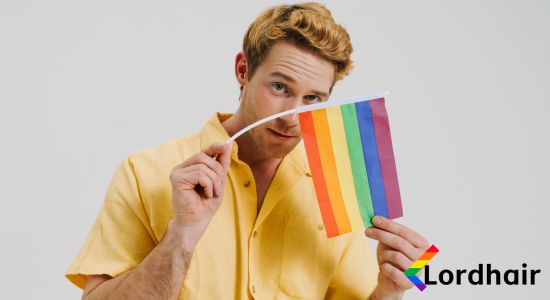
Reasons for Redhead Discrimination
Here are a few possible reasons behind the abuse of red-haired individuals:
Unfounded stereotypes: One reason behind the abuse may be the perpetuation of unfounded stereotypes surrounding red hair. Throughout history, redheads have been associated with negative traits such as being hot-tempered, untrustworthy, or even supernatural. These stereotypes can lead to prejudice and mistreatment.
Bullying and teasing: Red-haired individuals are often targeted for bullying and teasing, especially during childhood and adolescence. This can stem from societies placing value on conformity and difference being seen as a target for bullies. Red hair, being a distinct physical trait, can make individuals stand out and become the subject of ridicule.
Cultural discrimination: In certain cultures, red hair may be associated with being an outsider or a sign of otherness. This can lead to social exclusion, mockery, or even discrimination based on this physical characteristic.
Media Influence: Media portrayal can play a significant role in shaping people's perceptions of redheads. Negative representation or the perpetuation of stereotypes in movies, TV shows, and other forms of media can reinforce biased attitudes and contribute to the abuse directed at people with ginger hair.
You may also be interested in:
- The double standards in hair loss: men vs women
- The offensiveness of touching hair without permission
- The agonising feeling of seeing hair fall in the shower
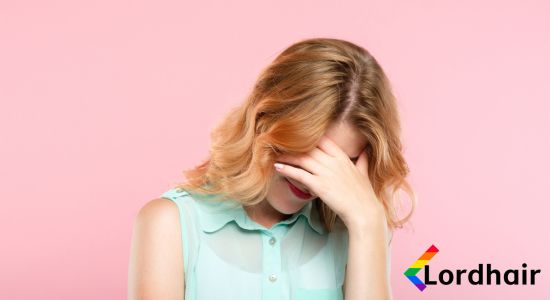
Promoting Inclusivity
Promoting inclusivity and checking discrimination starts with education and awareness. I enjoy writing blogs like these where we can teach younger generations about the importance of embracing diversity and dispelling harmful biases. Schools can incorporate lessons on acceptance, focusing on the richness and variety of human characteristics. Media should actively promote positive representation of red-haired individuals, showcasing their contributions and accomplishments rather than perpetuating stereotypes.
People with ginger hair receive abuse for a variety of reasons, many of which are rooted in societal prejudice and stereotypes. Discrimination against people with red hair, also known as gingerism or "ginger abuse," is a form of prejudice, stereotyping, and dehumanisation.
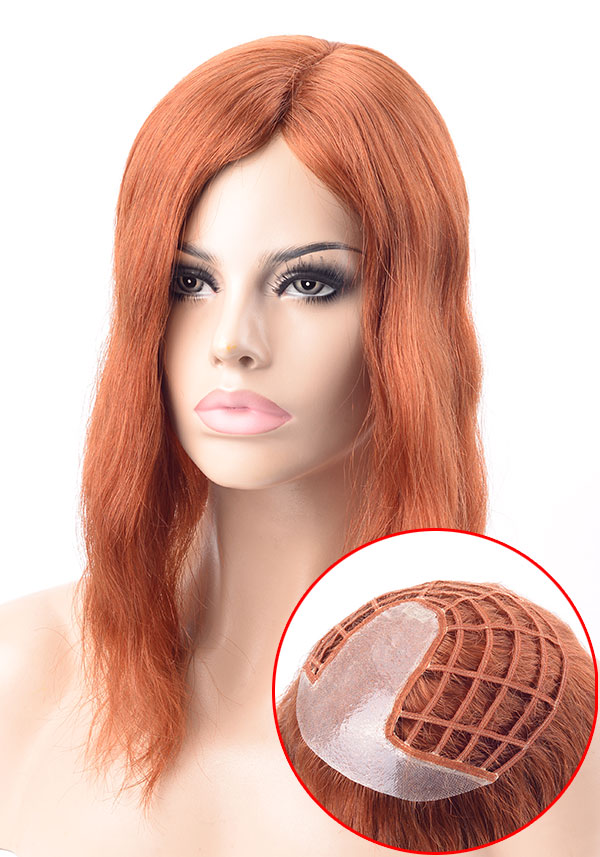
Celebrate red hair with Lordhair! Red is one of the colours you can choose from when you customise your women's wig.
Hair Shaming Is Abuse
It's important to recognise that such abuse is not acceptable and goes against the principles of valuing diversity and promoting inclusivity. Red hair is simply a natural variation in human appearance, and individuals with ginger hair should be treated with the same respect and dignity as anyone else.
Education, awareness, and challenging stereotypes are crucial in combatting abuse and discrimination directed at red-haired individuals. Promoting positive representation, fostering empathy, and teaching acceptance can help create a more inclusive and tolerant society.
Derogatory terms targeting individuals with ginger hair are archaic remnants of a discriminatory past. As a society, it is our responsibility to challenge these stereotypes and promote inclusivity and acceptance for all. By appreciating the unique beauty of red hair, we can create a world where everyone feels valued and respected, regardless of their hair colour.
Ray is a guest contributor to our blogs with an extensive background in PR. Ray loves to discuss his own hair system journey by offering insights into wearing and styling a toupee wig as well as providing observations on the role of hair in sexual and gender identity from an LGBTQ+ perspective. Be sure to check out more of Ray’s Diversity content.

